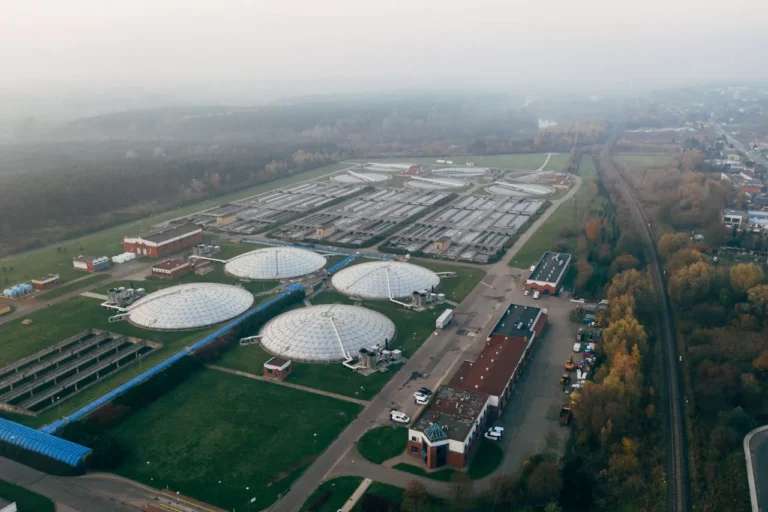
FMC Corporation, a global leader in agricultural sciences, has entered into a strategic collaboration with Bayer to introduce Isoflex™ active herbicide technology to the European Union (EU) and Great Britain. This partnership aims to expand access to FMC’s innovative weed control solution, providing European growers with a new tool to combat resistant grass weeds in cereals and other crops.
Expanding Access to Isoflex™ Active Technology
Isoflex™ active, classified as a Group 13 herbicide by the Herbicide Resistance Action Committee (HRAC), represents a groundbreaking advancement in weed control. Having secured registration in Great Britain in 2024, regulatory approval in the EU is expected by 2025. This novel herbicide delivers extended control over key grass weeds, including those that have developed resistance to existing herbicides. Given the increasing challenges of herbicide resistance in European agriculture, the introduction of Isoflex™ active marks a significant milestone in sustainable crop protection.
According to Ronaldo Pereira, FMC President, “This agreement will enable FMC to broaden market access in the European Union and Great Britain, which together encompass approximately 30 million planted hectares of winter cereals. By reaching new growers and distributors with our breakthrough Isoflex™ active ingredient, we aim to enhance weed management strategies and improve crop yields.”
Strategic Collaboration with Bayer for Market Penetration
Under the terms of the agreement, both FMC and Bayer will commercialize products containing Isoflex™ active in key European markets. FMC intends to launch its own formulations powered by Isoflex™ active in winter cereals, corn, oilseed rape, and potatoes. Meanwhile, Bayer will focus on registering and commercializing Isoflex™ active-based mixtures specifically for winter cereals and will also distribute an FMC-developed formulation for use in oilseed rape. Additionally, Bayer will collaborate with FMC in promoting the Isoflex™ active brand alongside its proprietary formulations.
Frank Terhorst, Executive Vice President of Strategy and Sustainability at Bayer’s Crop Science Division, emphasized the importance of the partnership: “As climate change intensifies and global food systems face mounting pressure, farmers require reliable tools to manage weed infestations effectively. Herbicides like Isoflex™ active are crucial in ensuring long-term food security. By leveraging synergies with FMC, we are working to provide sustainable solutions that support resilient agricultural practices.”
Addressing Herbicide Resistance in European Agriculture
The introduction of Isoflex™ active is particularly timely, as European farmers face increasing challenges related to herbicide resistance. Many existing herbicides are losing effectiveness against dominant grass weed species, threatening crop yields and food production. Isoflex™ active offers a new mode of action that disrupts weed development, making it an essential addition to integrated weed management programs.
With its pre-plant, pre-emergence, and early post-emergence selectivity, Isoflex™ active has demonstrated efficacy in controlling resistant weeds in major crops worldwide. By integrating Isoflex™ active into rotational weed control programs, European farmers can improve field productivity while reducing reliance on older, less effective herbicides.
Global Success and Future Market Expansion
FMC has already successfully launched Isoflex™ active-based products in several global markets, including Argentina, Australia, Brazil, Chile, China, Pakistan, Uruguay, and India. These launches have demonstrated the technology’s adaptability across diverse agricultural landscapes and varying climatic conditions. With regulatory approvals in progress, FMC anticipates product launches in Great Britain later in 2025 and in the EU by 2027.
The introduction of Isoflex™ active aligns with FMC’s broader commitment to innovation and sustainability. By providing a herbicide solution that effectively controls resistant weeds while minimizing environmental impact, FMC continues to support the evolving needs of farmers worldwide.
Implications for Farmers and the Agricultural Industry
For European farmers, the arrival of Isoflex™ active will offer several key benefits:
- Enhanced Weed Control: Isoflex™ active provides a powerful solution for managing grass weeds resistant to existing herbicides, ensuring better crop health and higher yields.
- Increased Sustainability: By integrating a new mode of action, farmers can adopt more effective rotational strategies, reducing dependency on older herbicides and mitigating resistance development.
- Improved Productivity: With its demonstrated selectivity and broad-spectrum efficacy, Isoflex™ active helps maximize field efficiency and profitability.
Furthermore, the collaboration between FMC and Bayer highlights the importance of industry partnerships in driving agricultural innovation. By combining expertise and market reach, both companies are poised to deliver a transformative solution that supports food security and sustainable farming practices.
The Future of Isoflex™ Active in Europe
As the European agricultural industry continues to evolve, the demand for innovative crop protection solutions remains high. Isoflex™ active represents a critical advancement in herbicide technology, addressing current challenges while paving the way for future developments in sustainable agriculture. With regulatory approvals on track and commercial launches on the horizon, FMC and Bayer’s collaboration signals a new era of weed management for European farmers.
In summary, the partnership between FMC and Bayer to commercialize Isoflex™ active in Europe marks a major step forward in combating herbicide-resistant weeds. By expanding access to this novel herbicide technology, the companies are contributing to the long-term resilience of European agriculture, ensuring that growers have the tools they need to protect their crops and maintain high-yielding, sustainable farming operations.







